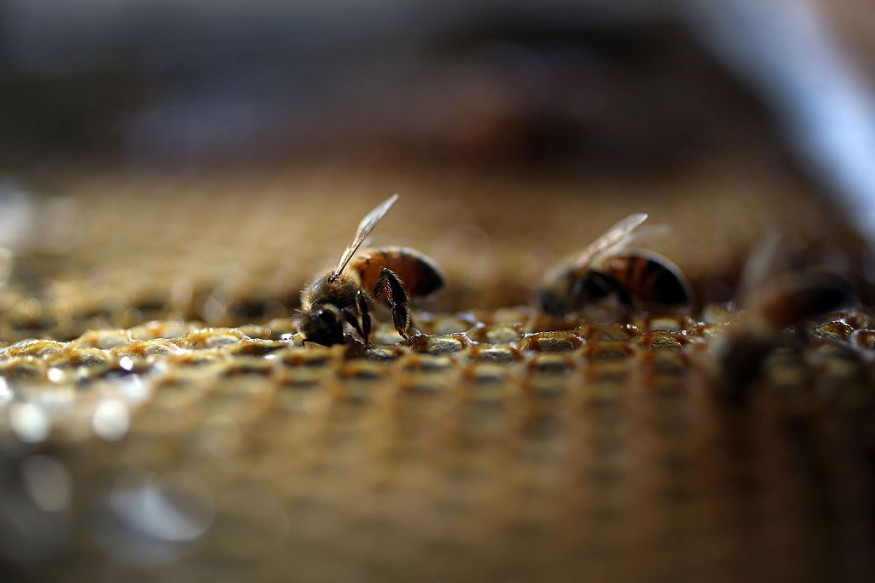The continuous extreme heat in Arizona has melted the homes of honeybees. Some also died from the scorching heat conditions, according to the latest reports.
Phoenix and Arizona recorded intense heat conditions even in early July. Forecasts warned of the possible impact on health conditions and sensitive species.
In the latest forecast, the National Weather Service (NWS) reported that oppressive heat could continue in portions of the country, especially in the Southwestern U.S.
Recently, Nature World News (NWN) reported the recent heat conditions in the country that harmed the coral reef system on the Florida coast, especially marine species that are sensitive to high temperatures.
Honeybees are not spared from the victims of extreme heat conditions in Arizona. Experts feared the potential impact on their colony and pollination.
According to the UN Environment Programme, bees are essential to biodiversity and food survival. However, their population is threatened by air pollution and habitat loss.
Impact of extreme heat on bees in Arizona

Based on the report published in CNN, Arizona's oppressive heat conditions affected the honeybee population in the region, increasing honeybee deaths.
In the U.S., the website of Food and Drug Administration (FDA) reported that honeybees are essential due to their medicinal and nutritional contribution.
The report noted that honeybee pollination helped increase crops' added value, reaching $15 billion.
In an interview with CNN, entomologist Shaku Nair explained the major concern about the rising temperatures and increasing honeybees deaths.
The report noted that some honeybees' homes were melted due to extreme heat conditions.
Nair added the possible impact on food production.
Large cactus are also affected
The population of cactus is supposed to withstand the heat in the desert. However, the large cacti in the United States suffered from the scorching heat.
The latest report, the Associated Press (AP) reported the withering of popular saguaro cacti in Phoenix due to rising temperatures.
The prolonged heat in Phoenix caused the large cactus to reach its limits in surviving the intense heat.
Plans and animals can become victims of the hotter temperatures in the country. Experts monitored ocean temperatures' effect on aquatic animals and the coral reef system.
Recently, Nature World News (NWN) and the UN News reported that July became the hottest month on record.
Human-induced climate change and extreme heat
In the Nature Medicine and CNN report, at least 61, 672 people in Europe died from heat-related concerns last year. The researchers looked into the cases from May 30 and September 4.
People with medical conditions and older adults are mostly at risk of heat-related effects.
Furthermore, human-induced climate change is crucial in rising global temperatures due to continuous greenhouse gas emissions.
In the recent The Guardian report, the UN secretary-general António Guterres explained the era of global heating, noting the urgent need for climate action.
Related Article : Dogs Die in Indiana After AC Fails; Phoenix Records Hotter Temperatures
For more similar stories, don't forget to follow Nature World News.
© 2025 NatureWorldNews.com All rights reserved. Do not reproduce without permission.





